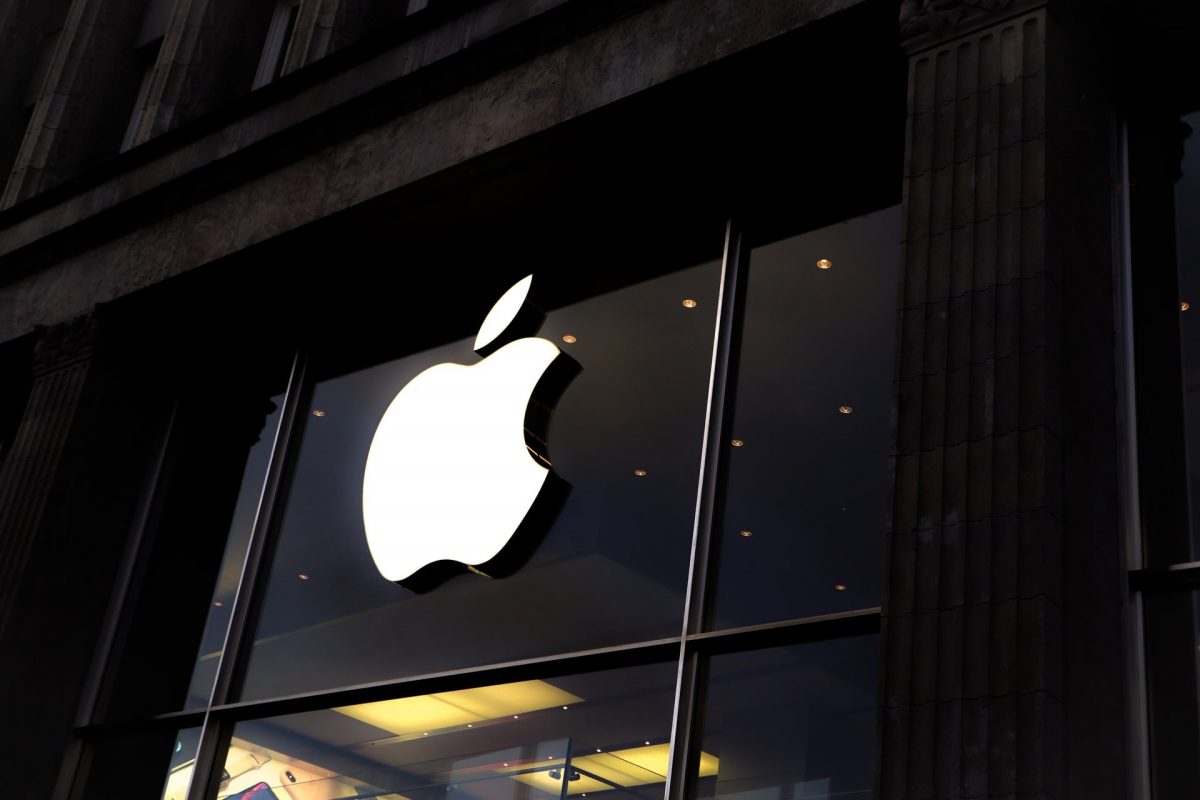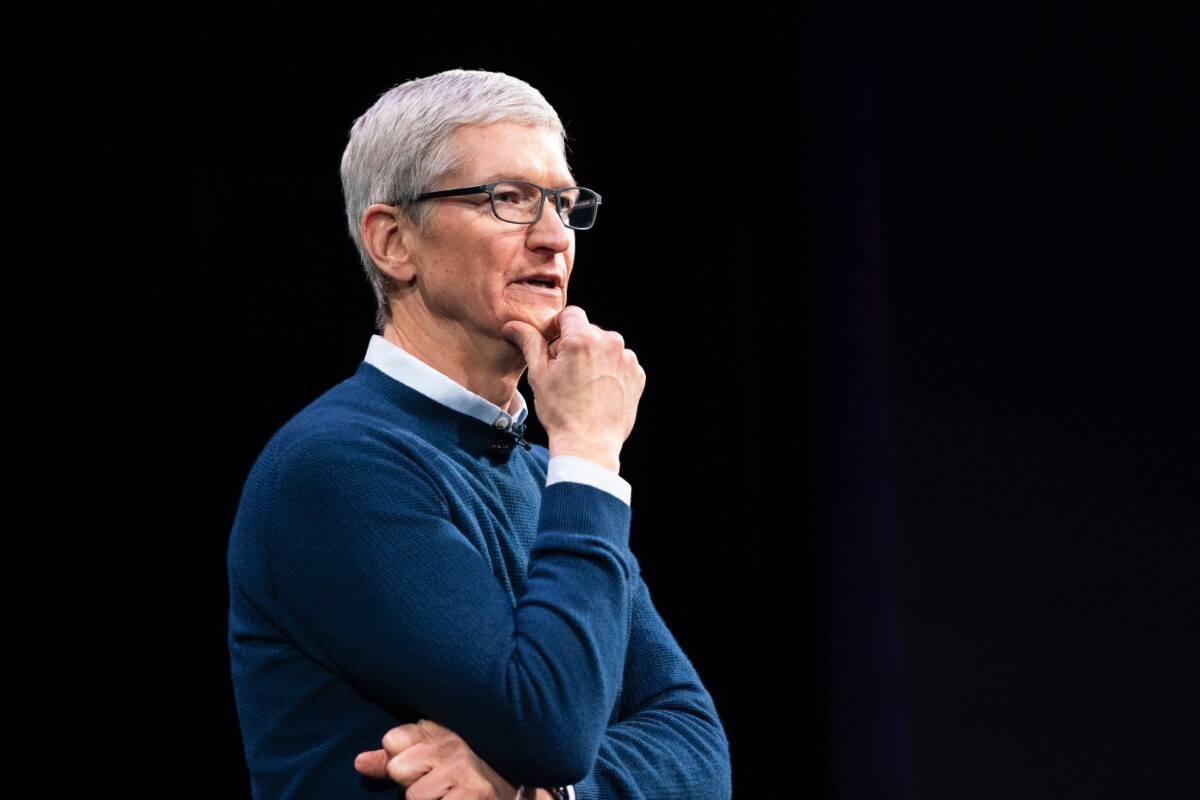In the legal battle between Apple and Epic Games, Apple has told the Australian court that the legal suit brought forward by Epic Games against the App Store is ‘self-serving’. The Cupertino tech giant believes that Epic is aiming to “redefine the terms of access” that it has always been subject to on Apple’s platforms.
The legal dispute between both the giants began last year when Epic Games tried to insert its own in-game payment system in Fortnite to bypass Apple’s 30% commission. When Apple learned of this, it immediately removed Fortnite from all its platforms. Since then, both companies have been involved in court battles.

Apple believes Epic Games’ suit against App Store is “self-serving”, Apple tells Australian court
Back in February of this year, Epic Games involved the Australian regulators in its legal dispute against Apple. Epic tried to warn Australia’s market regulator about Apple’s “motives” and tried to get them to take immediate action against Apple. Now, a publication from The Guardian shows that the Australian federal court held an interlocutory hearing this week to decide whether the case should be heard while a legal challenge is en route in the U.S.
Apple has portrayed the legal suit as a contract dispute with Epic and requested to move the matter to California, where an official hearing is expected in the coming months. Apple’s barrister, Stephen Free told the federal court in Sydney that the fight is between “two Goliaths”, hinting to the value of Epic Games which is $17 billion, with offices in 40 countries and 350 million account holders.
You have a sophisticated commercial entity that sought and obtained access to Apple’s intellectual property and all of the benefits of access to Apple’s software and hardware, exploted that opportunity to great effect for many years, and the essence of the dispute… is that Epic wants to redefine the terms of access in quite fundemental and self-serving ways.
Free further added that Epic’s aim to redefine the terms of access would not go a long way because Apple’s business model was built “around prioritizing quality, security, and privacy of these operating systems.” Free stated that this can only be achieved by settings the rules for developers on the platform and following them to build and operate apps.

Epic’s lawyer, Neil Young told the Australian court that Australian competition law was initially intended by the parliament to be enforced in Australia and not be overridden by private agreements between companies like Epic and the Cupertino tech giant.
Mandatory annd protective laws of this forum…override any private choice of jurisdiction. The issue is the impact on Australian markets and whether the requirements of our law are satisfied. It is a pretty straighforward case, and we would think the evidence is clear this conduct is going to substantially impact these markets in the way we allege.
Justice Nye Perram says that he will deliver his decision “pretty promptly” and has reserved his decision on the case for now. Since the legal dispute began, Apple cut the fees it takes from developers from 30% to 15% for businesses with less than $1 million yearly revenue.
Read More:
4 comments
Comments are closed.